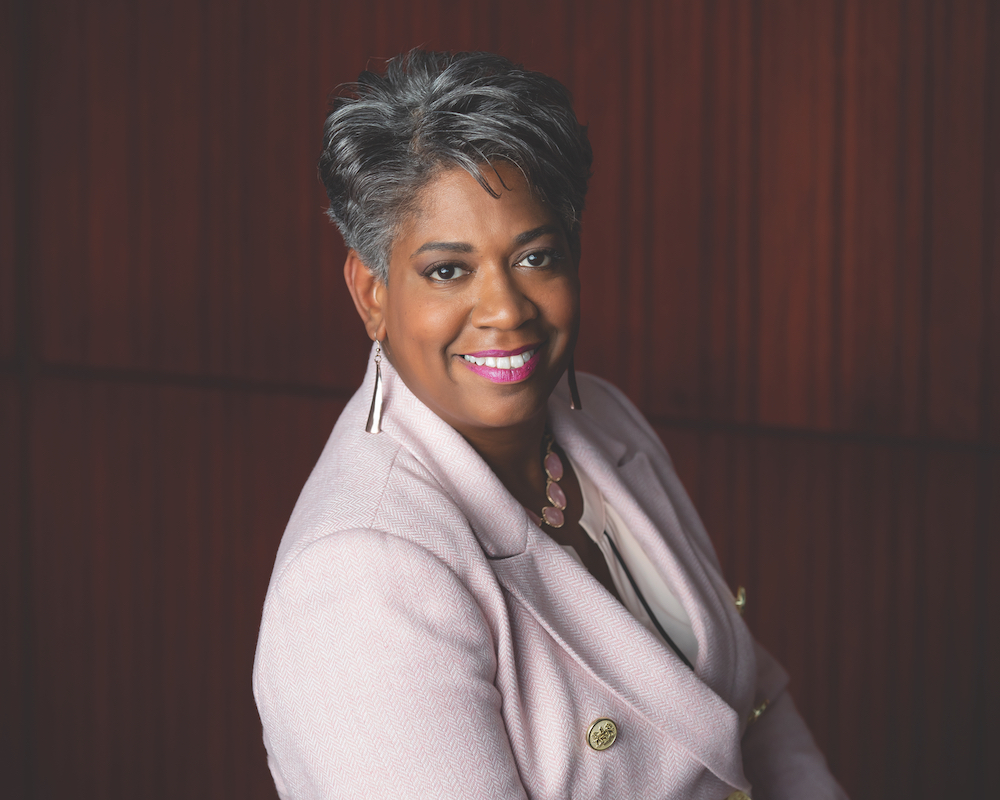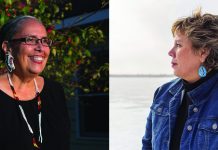
Provided
At Allianz Life, Cecilia Stanton Adams leads strategy development for diversity and inclusion. This year, Allianz granted $2 million to Twin Cities organizations working to address inequities for people of color, seniors, and youth, as well as food shelf expansion in the Midway neighborhood of St. Paul. After George Floyd’s killing, Allianz hosted listening sessions for employees, too.
Prior to joining Allianz Life Stanton Adams was CEO of the Stanton Adams Diversity Institute where she provided services to improve strategic workforce planning, recruiting and retention, training and development. Stanton Adams holds a B.A. in psychology from Bloomfield College in New Jersey and an M.A. in sociology/psychology from Lehigh University in Pennsylvania, where she also completed a predoctoral fellowship in cognitive psychology. She is a volunteer at the Black Women’s Wealth Alliance, Hispanic MBA, the Sexual Violence Center, Junior Achievement, and African-American Family Services, and is on the Board of Team Women.
What are your central goals in your current role?
Diversity and Inclusion (D&I) is a top priority for Allianz Life and is a critical component that not only reinforces our values of integrity, caring, excellence, and respect, but is also a deeply embedded business driver at all levels of the company. We have a comprehensive D&I strategy that cuts across many facets of our business with three key pillars: building D&I into our business structure and processes by strengthening leadership commitment and accountability; focusing on recruiting and retaining diverse talent; and continuing to cultivate our culture of inclusion.
Specific to diversity recruitment, we’re revamping our recruiting process to ensure our talent pools are diverse, and are also working closely with hiring managers to be mindful of diversity when going through the recruiting process.
What recent accomplishments are you most proud of?
One significant initiative we undertook was granting $2 million to Twin Cities organizations working to address inequities in the community and bring about positive change in the lives of at-risk members of the Twin Cities community, specifically people of color (POC), seniors and youth.
We split these donations into two $1 million grants, with the first grant targeted at helping to remove barriers and increase access to tools and resources that help POC attain a sustainable standard of living and a secure future. In addition, the funds will support minority-owned entrepreneurs and businesses as well as food shelf expansion in the Midway neighborhood of St. Paul. This was a really important step for our organization because we felt like we really needed to step up and take action while the community we call home was hurting after the killing of George Floyd.
The second grant was intended to address long-term disparities in senior care and support in the Twin Cities, and combat the risks being faced by seniors in our community. This is a group of people that has been really impacted by the COVID-19 pandemic, and these issues are being exacerbated—particularly among diverse seniors. The organizations that received this funding focus on addressing three critical risks: combating social isolation, fighting elder financial abuse, and enhancing caregiver support.
One other thing I am proud of that we accomplished internally after George Floyd’s killing was hosting a number of listening sessions for employees. Here, employees could voice their emotions in a safe place. It was not only valuable for our employee population to be able to share and connect with each other, but it was also a learning opportunity for leadership to understand what employees are feeling and what they really need in order to feel supported during such an intense time of unrest in the community.
Read about all 22 Champions of Change featured in our Jan/Feb 2021 issue.







